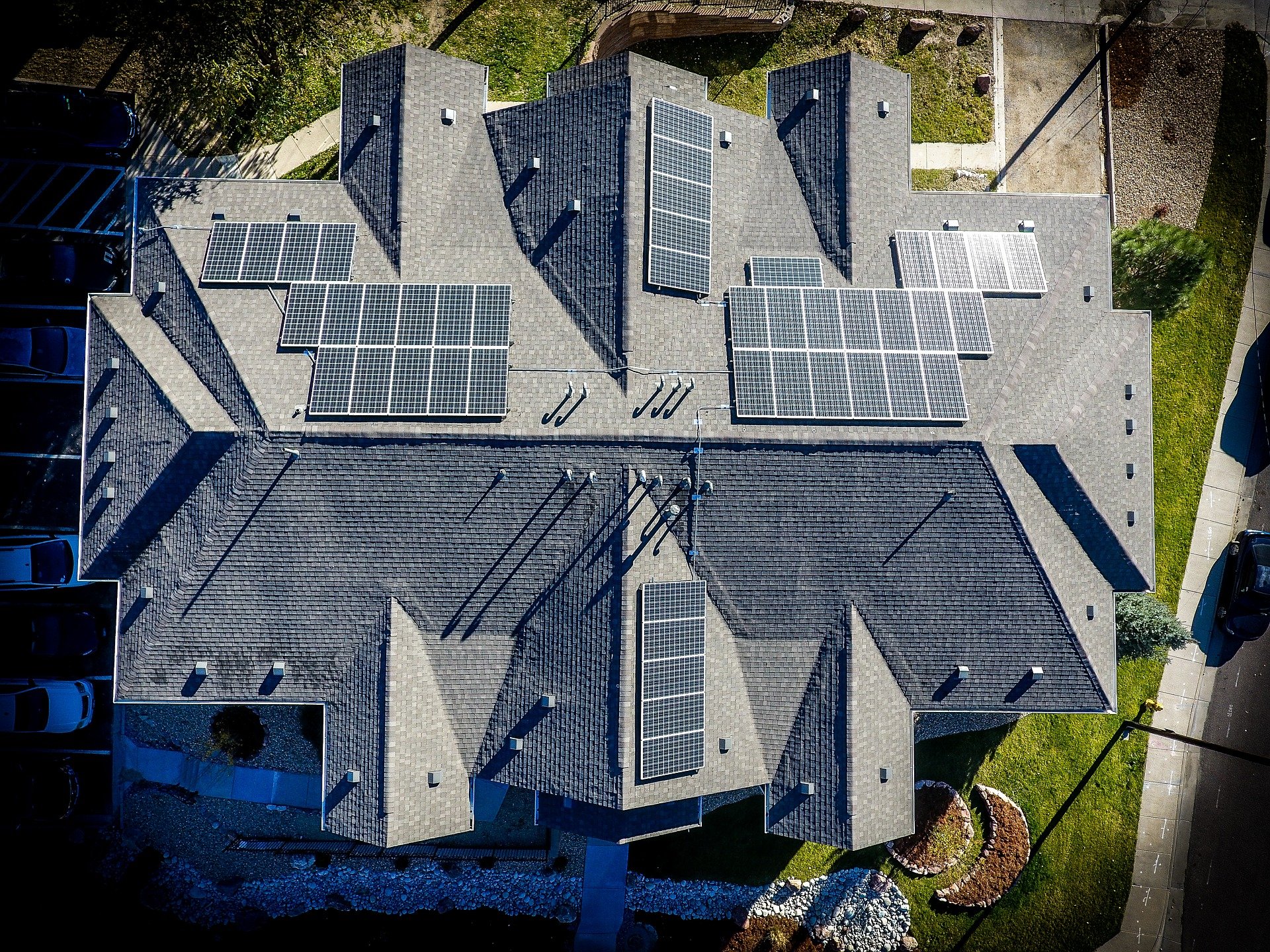What goes up must come down, right? And for the single family industry in 2023, the coming down looks imminent.
After several years of 15–18% annual growth, several forecasts are predicting just single-digit growth for single family housing in 2023. Writing in Forbes recently, Roger Valdez, Director of the Center for Housing Economics, had a more blunt and pessimistic assessment: “Simply put, the housing market has already started slowdown and will grind to a halt in the first half of 2023.”
If the party’s over (at least for the next few quarters) and the pumped-up single family housing balloon is beginning to deflate, the situation presents some significant challenges and exacerbates existing problems for all stakeholders.
Fewer Hands. More Work.
Consider utility providers, for example. As we noted last November, explosive growth in single family housing had left the arbiters of electricity and heat saddled with a much higher volume of communications and administrative demand than they were prepared for. This onslaught resulted in service delays and less timely customer interactions—which in turn hit property management companies also struggling with labor shortages with costlier late fees and a higher rate of disconnects.
A Quick Aside on the Labor Market
While the labor market has cooled somewhat in response to the Federal Reserve’s interest rate hikes, the Labor Department’s March jobs report showed the unemployment rate actually declining to 3.5% – very close to a 50-year low.
Between unfilled job openings and an already overextended workforce, single family property managers have often struggled to appropriately allocate the staff needed to deal with extended utility provider hold times and billing issues.
The Threat of Recession Slowing Growth
Meanwhile, the specter of a recession still looms on the horizon, threatening to deepen and prolong the pain. According to a recently released survey by the National Association for Business Economics, 58% of economists still believe a recession will occur in 2023, with a greater percentage predicting its arrival later in the year.
If that prediction holds true, the stagnation in single family will likely not improve until 2024. The big question for single family property managers, then, is how best to thrive in the current downturn? When the economy inevitably picks back up, preserving the momentum and growth you’ve collected over the last several years will put you in a position to better stabilize and accelerate your growth.
Utilities, and Their Connection to Growth
Our niche and unique service—utilities management—gives us a hard-to-find perspective on the macroeconomic forces impacting the single-family industry. We see the largely ignored affect that utilities have on businesses’ bottom-lines, and we also observe and measure the ways that automating utilities, future proofing their infrastructure for portfolio growth and shoring up provider-caused issues, can protect single family firms from the damage that stagnation could otherwise cause.
Freeing your team to tackle more
The time and effort your staff devote to dealing with utility-related issues can be offloaded to managed-utilities service providers like Conservice, freeing your team to focus more on business-building activities and strategic priorities that support your continued growth. For example, the staff you currently use to pay utility bills and haggle with utility providers can be reallocated to other financial arms of your business, from payroll to payments analysis.
In an economic landscape of stagnating industry and mass layoffs, freeing the professionals in your company to do more with less is wise and practical.
Unlocking hidden margin
If you’re managing scores of single family rentals, overcharges, late fees, and missed savings opportunities can multiply quickly, driving up costs unnecessarily. Utility bill errors occur 20% of the time and are far more common than you may think. A look at recent news headlines underlines the issue:
- The New York Department of Public Service is investigating more than 4,700 complaints of incorrect and late bills from electric and gas customers in upstate New York.
- Electric customers in Pennsylvania recently saw their monthly electric bills quadruple from one month to the next due to billing errors.
- Last year, an estimated 3,000 customers in New York were hit with erroneous gas bills up to 40 times higher than normal.
Partnering with a company like Conservice will not only catch those billing errors but also eliminate the time-consuming hassle of resolving them. As a result, you can be sure that you’ll pay only what you truly owe and unlock a wellspring of hidden margin—driving growth and combating this year’s stagnation.
Providing actionable decision-making data
In a stagnant yet dynamic environment, fresh, accurate data is more vital than ever—empowering you to make smart business decisions and maximize margin opportunities. Conservice provides a single source for all of your utility usage data, including electricity, gas, water, and waste. You gain the ability to analyze all aspects of a property, including carbon data for your sustainability efforts. And unlike other data sources, Conservice data is always fresh and up to date.
The economy will inevitably rebound. Millennial wages are set to increase, and the single family and Build to Rent (BTR) industries will inevitably resume at least some of their previous year-over-year growth. Now…right now at this moment in time…is the best time to consolidate your gains and position yourself optimally for that future growth.
What goes up must come down, right? Not so much if you make the right calls now.







